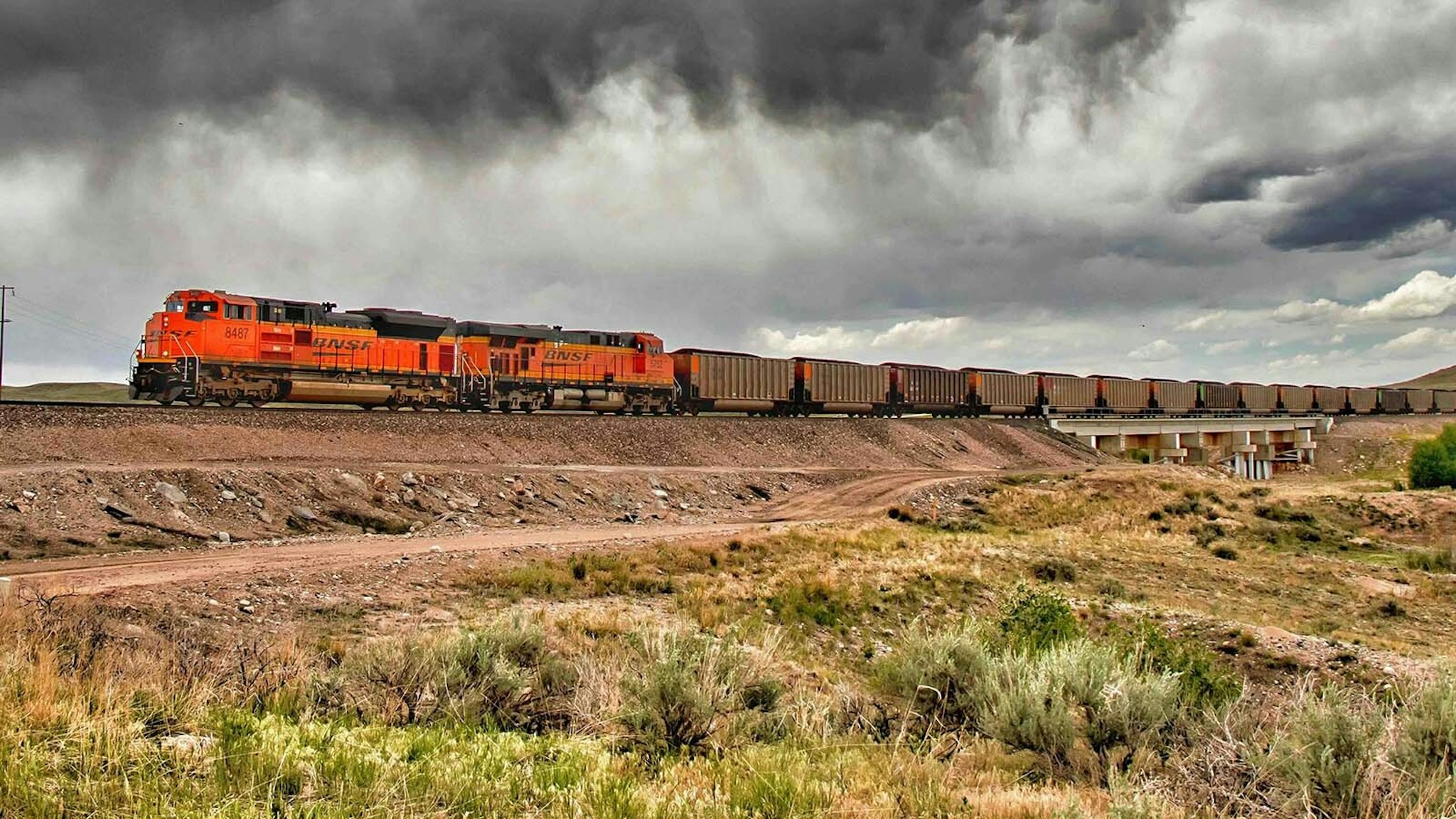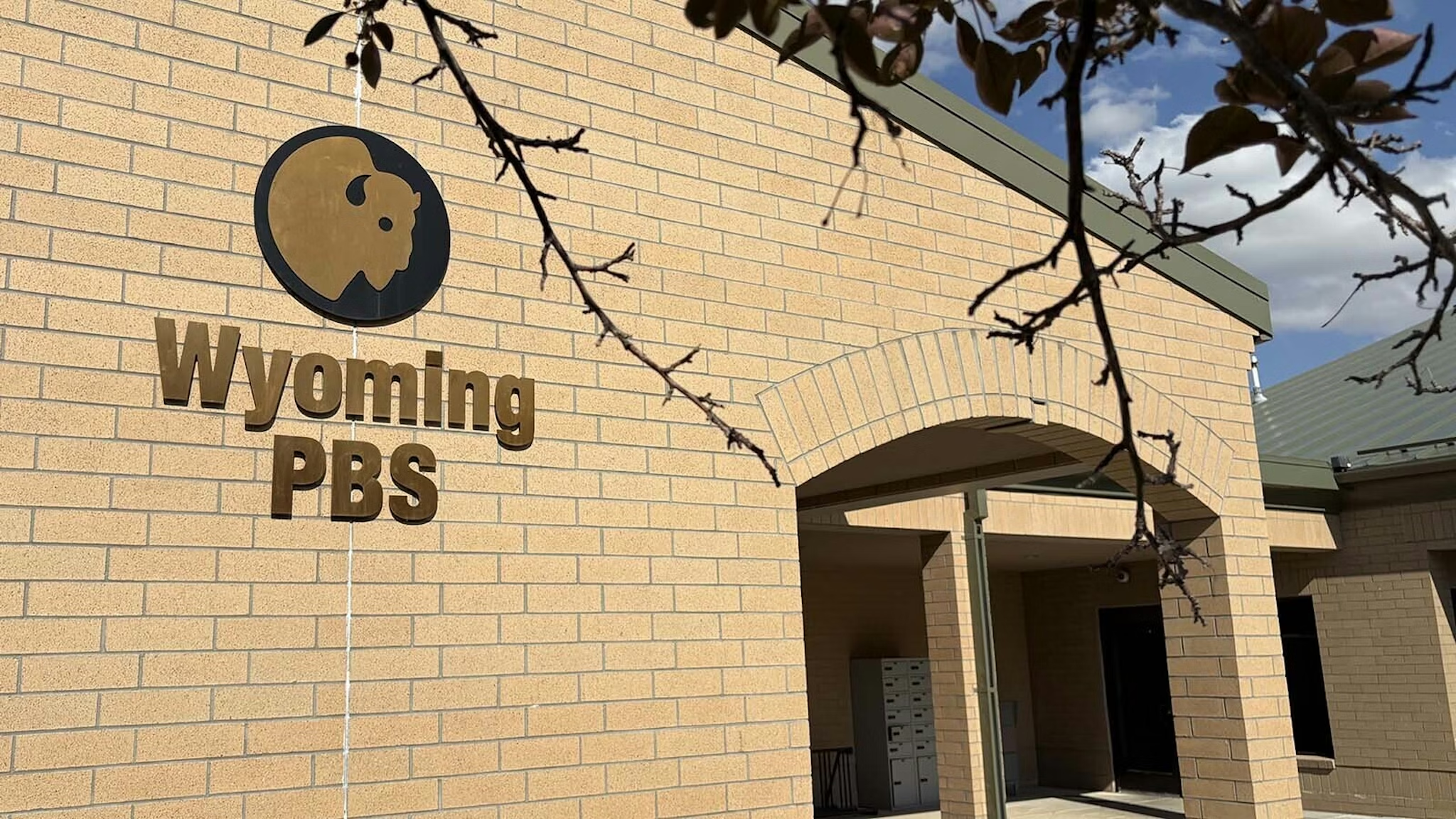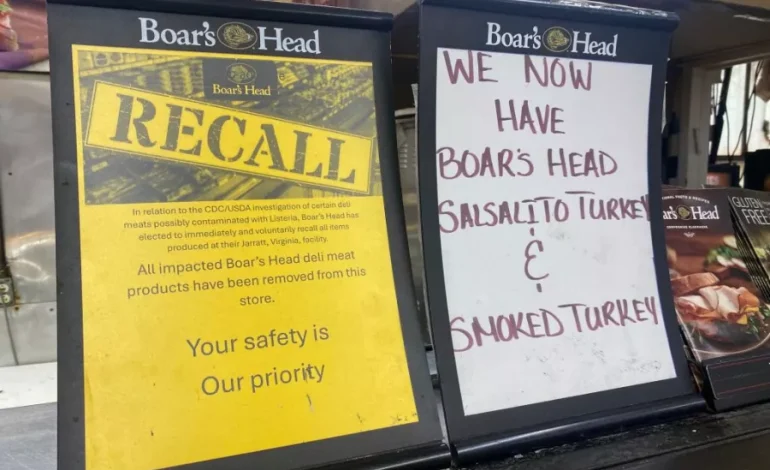Concerns are growing among food safety experts and former inspectors over the state of the US food supply, following significant staffing cuts and policy changes at federal agencies responsible for monitoring food safety, NPR reports.
Recent retirements and restructuring efforts have placed strain on the inspection system, leading to fears that the nation’s ability to prevent and respond to foodborne illness outbreaks may be weakening.
Paula Soldner, a veteran meat and poultry inspector who worked for nearly four decades in Wisconsin, is among those who accepted early retirement as part of a broader reorganization of the US Department of Agriculture’s (USDA) Food Safety and Inspection Service. She says the departure of seasoned inspectors has stretched remaining staff thin. According to Soldner, some inspectors are now responsible for visiting twice as many facilities per day as before — a workload she says is difficult to manage without compromising oversight.
“Did that plant receive that daily inspection from inspection personnel? In my mind, that’s a huge question mark,” Soldner said.
Soldner also cited declining morale, further staff departures, and increasing hostility toward federal employees as contributing factors to what she believes is a growing risk to consumers. Her concerns come in the wake of last year’s listeria outbreak linked to Boar’s Head deli meats, which resulted in ten deaths and dozens of hospitalizations. A USDA report later identified inadequate sanitation as the cause.
Experts say the issue extends beyond a single agency. The nation’s food safety system relies on coordination between the USDA, the Food and Drug Administration (FDA), and the Centers for Disease Control and Prevention (CDC), alongside state and local health departments. These federal agencies play a central role in establishing standards, funding surveillance programs, and operating food testing laboratories.
Sarah Sorscher, a policy director at the Center for Science in the Public Interest, warns that recent job cuts and policy rollbacks threaten to undermine food safety. Of particular concern, she says, is the loss of expertise due to early retirements and the administration’s decision to revisit — rather than enforce — USDA rules intended to limit salmonella levels in poultry products.
In response to questions, the USDA and FDA have stated that recent restructuring efforts will not compromise food safety. USDA has also increased funding for state-level food inspections by $14.5 million and affirmed that frontline inspectors were not included in the most recent round of early retirement offers. However, internal communications reviewed by NPR suggest that inspectors were encouraged to retire and were listed as eligible.
Adding to the uncertainty, two FDA food testing labs — located in San Francisco and Chicago — were closed temporarily earlier this year. The closures reportedly disrupted routine inspections of produce and seafood and forced sample shipments to other facilities already grappling with limited staff and supplies. Although both labs have since reopened, experts say the temporary shutdowns contributed to backlogs and may have weakened confidence in the system.
Sorscher compared the changes to damaging structural alterations in a home.
“You can’t really point to the fact that the doors or windows are still there and say, ‘Don’t worry, the house is secure,'” she said.
The CDC maintains that its disease surveillance and laboratory work are continuing as usual. However, Steven Mandernach, executive director of the Association of Food and Drug Officials, notes that budget reductions at the CDC have affected state and local programs that rely on federal support. These programs often handle frontline outbreak detection and public communication, including issuing consumer alerts during food safety crises.
With less capacity at the local level, Mandernach fears some outbreaks may go unnoticed or unreported, potentially creating a misleading picture of national food safety.
“It could artificially make it look like, ‘Hey, food safety is great here,’ when the reality is we’re not looking for it as much,” he said.










The latest news in your social feeds
Subscribe to our social media platforms to stay tuned